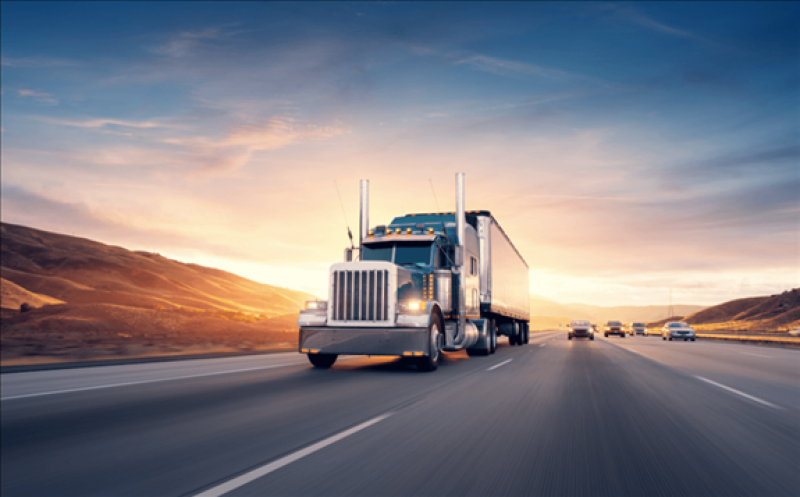All new trucks sold in Europe must be zero emission by 2040 in order to reach carbon neutrality by 2050, say Europe’s truck manufacturers in a move that paves the way for uptake of hydrogen heavy-duty vehicles.

According to the CEOs of Europe’s commercial vehicle manufacturers, it will be possible to meet this target provided the right charging or refuelling infrastructure is build and a coherent policy framework is put into place, including comprehensive CO2 pricing to drive the transition.
In a timely announcement, Daimler, IVECO, OMV, Shell and Volvo said on Tuesday (15th Dec) they are collaborating to create the conditions for the mass-market roll-out of hydrogen trucks in Europe.
Dubbed H2Accelerate, the collaboration believes that synchronised investments across the hydrogen sector during the 2020s will create the conditions for the mass-market roll-out of hydrogen heavy duty transportation which is required to meet the European ambition of net zero emissions by 2050.
“Climate change is the most fundamental challenge of our generation. At the same time, the raging Covid-19 pandemic has put the spotlight on the crucial role that road transport and logistics play to ensure that food, medicines and other essential goods are available to those who need them,” stated Henrik Henriksson, Chair of ACEA’s Commercial Vehicle Board and CEO of Scania.
“If road freight transport is to maintain its role in serving society, we need to move away from fossil fuels as quickly as possible.”
“Not only are we convinced that it is necessary, we know it is possible and we are ready to make it happen. But we cannot do it alone; we need policymakers and other stakeholders to join forces with us.”
Under the umbrella of the European Automobile Manufacturers’ Association (ACEA), the truck manufacturers have joined forces with leading scientists from the Potsdam Institute for Climate Impact Research (PIK) to develop their roadmap to carbon neutrality by 2050 at the latest.
Alongside investments by the commercial vehicle industry, this includes policy options such as road charges based on CO2 emissions, and an energy taxation system based on carbon and energy content.
A dense network of charging and refuelling infrastructure suitable for trucks is also crucial for the operation of low and zero-emission heavy-duty vehicles.
According to ACEA and PIK, a sound CO2 emissions pricing system could be one of the most effective instruments, as zero-emission vehicles simply will not take off as long as diesel remains cheaper.
This article is reproduced at www.h2-view.com